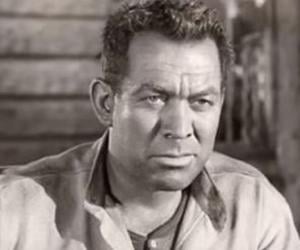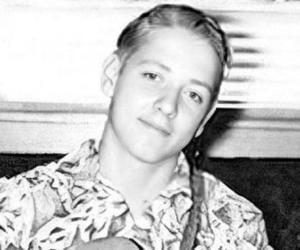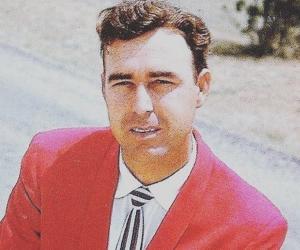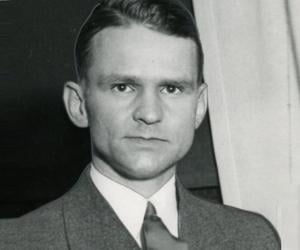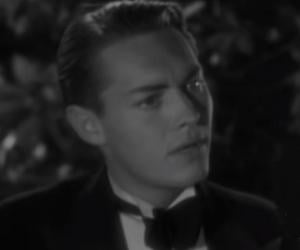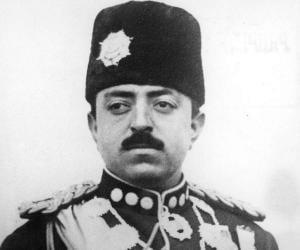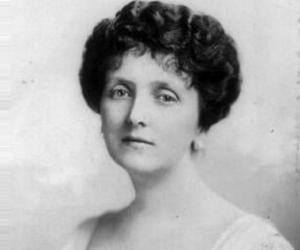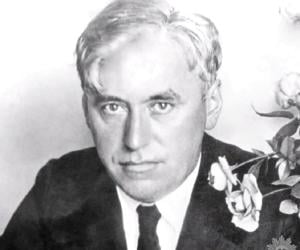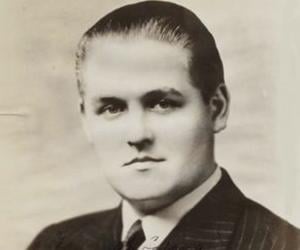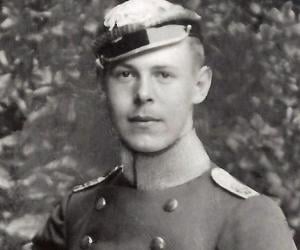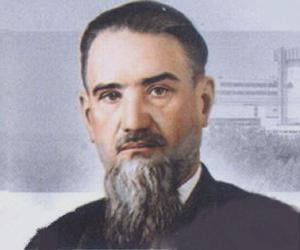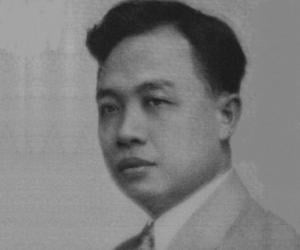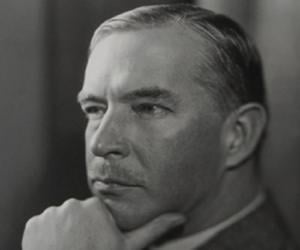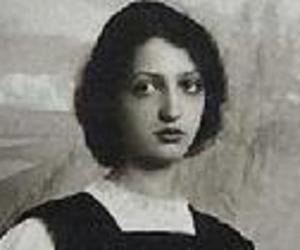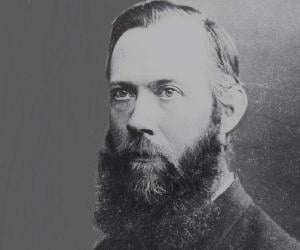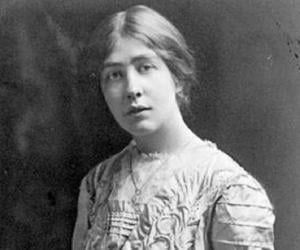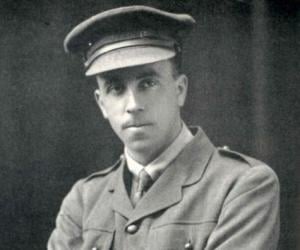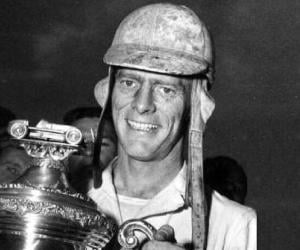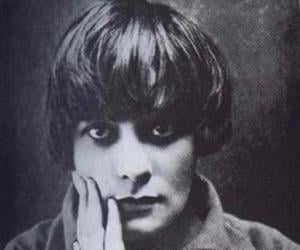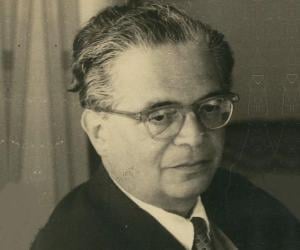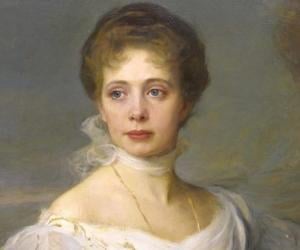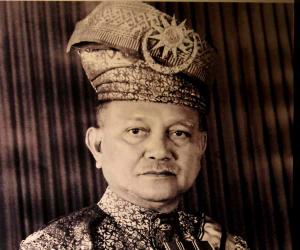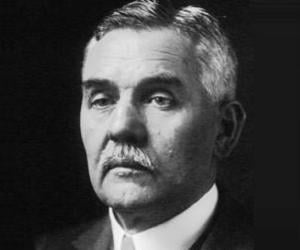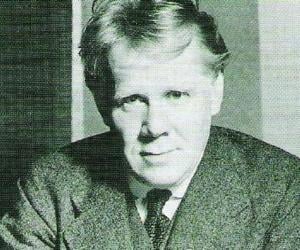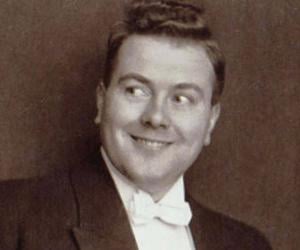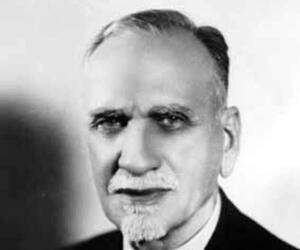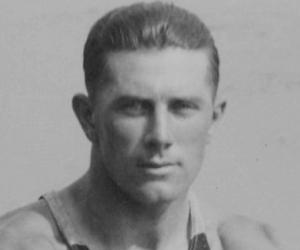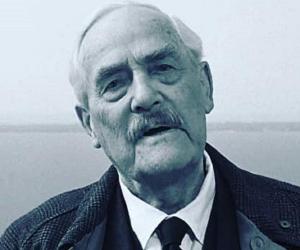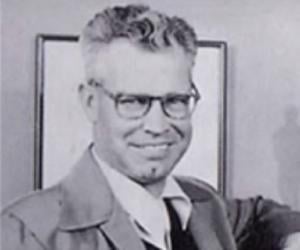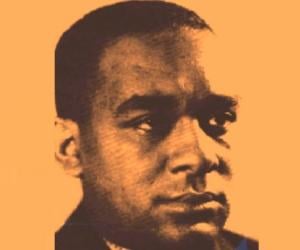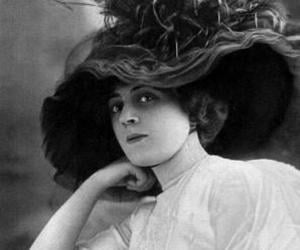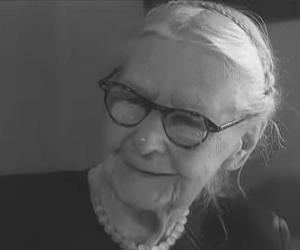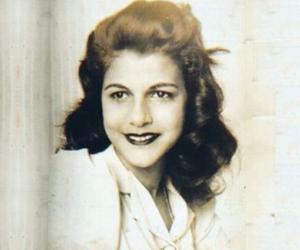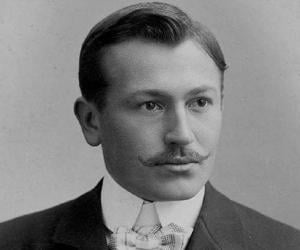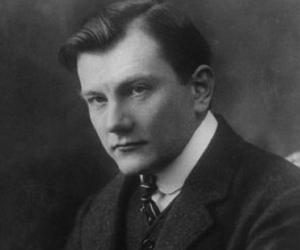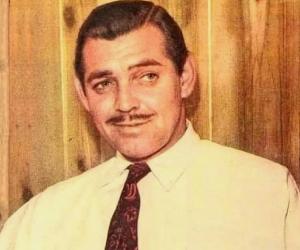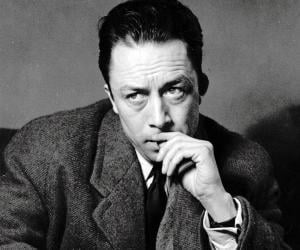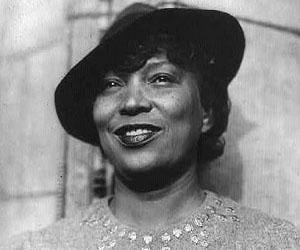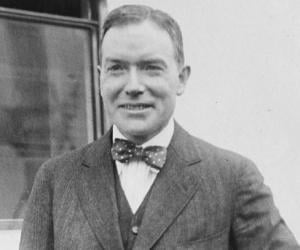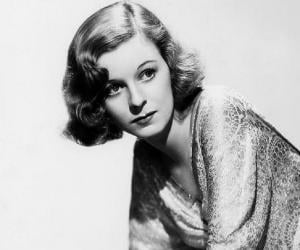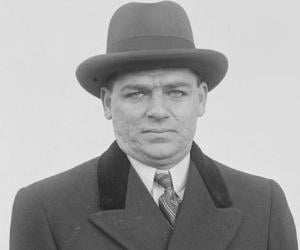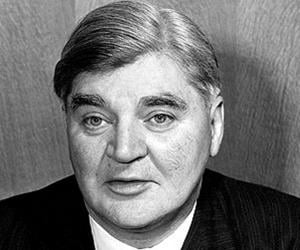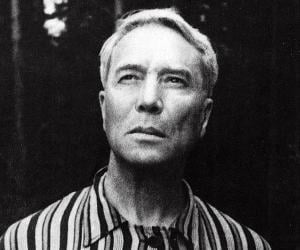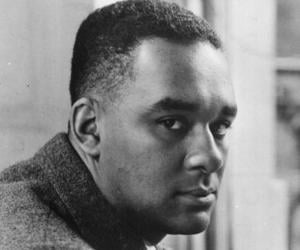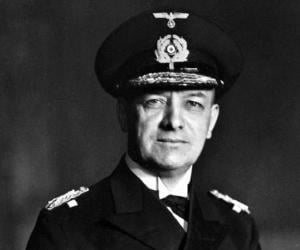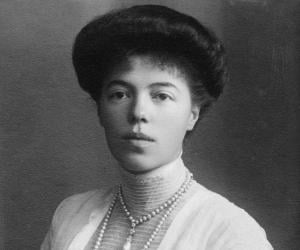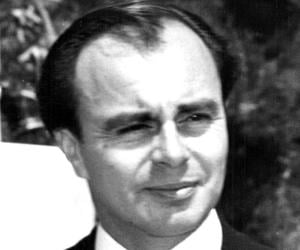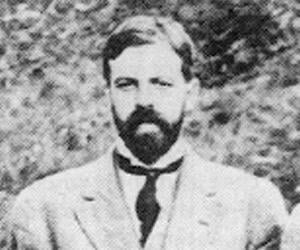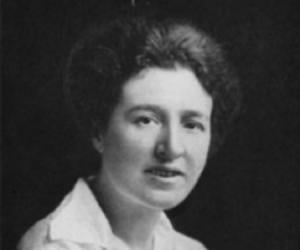Famous People Who Died In 1960
Discover the most famous people died who died in the year 1960. This list includes people like Clark Gable, Albert Camus, John D. Rockefeller Jr., Zora Neale Hurston, Aneurin Bevan and many more. This list of celebrities is loosely sorted by popularity. People featured on this list, include political leaders, philosophers, journalists and soldiers who died in 1960. This list includes people from United States, United Kingdom, Germany & France and many more countries.
Vote for Your Favourite People Who Died In 1960
Right IconThis ranking is based on an algorithm that combines various factors, including the votes of our users and search trends on the internet.
Birthdate: February 1, 1901
Sun Sign: Aquarius
Birthplace: Cadiz, Ohio, United States
Died: August 16
Popularly known as The King of Hollywood, Clark Gable appeared as a leading man for 30 years in an acting career that spanned 37 years. One of the most bankable Hollywood stars in the history of American cinema, Clark Gable was named in the greatest male star of classic American cinema list published by the American Film Institute.
Birthdate: November 7, 1913
Sun Sign: Scorpio
Birthplace: Drean, Algeria
Died: January 4
Albert Camus was a French philosopher and the second-youngest recipient of the Nobel Prize in Literature. His philosophical views contributed to the rise of absurdism, a philosophical concept. Also a prolific writer, Albert Camus had an illustrious literary career; most of his philosophical essays and novels are still influential.
Birthdate: January 7, 1891
Sun Sign: Capricorn
Birthplace: Notasulga
Died: January 28
Zora Neale Hurston was an author, anthropologist, and filmmaker. As an African American woman, she often depicted racial issues in the films she made. Her works also reflected her struggles as a black woman. In her early career, she conducted anthropological and ethnographic research and focused more on writing and film-making in her later years.
Birthdate: April 9, 1903
Sun Sign: Aries
Birthplace: Benkelman, Nebraska, USA
Died: November 5
Height: 6'2" (188 cm)
5
Eddie Cochran
(guitarist,singer, singer-songwriter, composer)
Birthdate: October 3, 1938
Sun Sign: Libra
Birthplace: Albert Lea
Died: April 17
6
John D. Rockefeller Jr.(American Financier, Philanthropist and the Only Son of 'Standard Oil' Co-Founder John D. Rockefeller)
Birthdate: January 29, 1874
Sun Sign: Aquarius
Birthplace: Cleveland, Ohio, United States
Died: May 11
Financier and philanthropist John D. Rockefeller Jr. Was the only son of Standard Oil co-founder, John D. Rockefeller. An alumnus of Brown University, he was very principled and careful with money from an early age. He joined his father’s business and went on to become one of the largest real estate holders in Manhattan.
Birthdate: May 16, 1909
Sun Sign: Taurus
Birthplace: Norfolk, Virginia, United States
Died: January 1
Birthdate: July 12, 1895
Sun Sign: Cancer
Birthplace: New York, New York, United States
Died: August 23
Height: 6'3" (190 cm)
Birthdate: November 15, 1897
Sun Sign: Scorpio
Birthplace: Tredegar, Wales
Died: July 6
Born into a working-class family, Aneurin Bevan quit school at 13 to start working at a colliery. He later won a scholarship to study in London and rose to become a Labour MP. He led the ministries of labor and health, and the left-wing of the Labour Party, the Bevanites.
10
Johnny Horton
(Musician, Singer, Songwriter)
Birthdate: April 30, 1925
Sun Sign: Taurus
Birthplace: Los Angeles
Died: November 5
Birthdate: October 24, 1903
Sun Sign: Scorpio
Birthplace: Timmonsville, South Carolina, USA
Died: February 29
Height: 5'4" (163 cm)
12
Boris Pasternak(Russian Poet & Novelist Who Won the Nobel Prize for Literature in 1958)
Birthdate: February 10, 1890
Sun Sign: Aquarius
Birthplace: Moscow, Russia
Died: May 30
Son of an artist father and a pianist mother, Boris Pasternak initially wished to become a musician. He is best known for his novel Doctor Zhivago, set against backdrop of the Russian Revolution. The Soviet Communists forced him to decline the Nobel Prize, which his descendants later accepted.
Birthdate: September 4, 1908
Sun Sign: Virgo
Birthplace: Roxie, Mississippi, United States
Died: November 28
Birthdate: January 8, 1910
Sun Sign: Capricorn
Birthplace: Long Beach, California, United States
Died: October 11
Height: 5'10" (178 cm)
15
Amānullāh Khān
(King of Afghanistan from 1926 to 1929)
Birthdate: June 1, 1892
Sun Sign: Gemini
Birthplace: Paghman, Afghanistan
Died: April 25
Amānullāh Khān reigned as the Emir of Afghanistan from 28 February 1919 to 9 June 1926. He then went on to rule as the King of Afghanistan from 9 June 1926 to 14 January 1929. Amanullah Khan's reign was marked by dramatic social and political change. His attempts to modernize Afghanistan failed due to a revolt by Habibullah Kalakani.
16
Salvatore Ferragamo
(Italian Shoe Designer and the Founder of Luxury Goods Company 'Salvatore Ferragamo S.P.A')
Birthdate: June 5, 1898
Sun Sign: Gemini
Birthplace: Bonito, Italy
Died: August 7
Salvatore Ferragamo was an Italian shoe designer. An innovative designer, Ferragamo is remembered for inventing the Cage heel. Also a pioneering shoe designer, Ferragamo experimented with materials including fish, crocodile, and kangaroo skin. He is also credited with founding the popular luxury goods company, Salvatore Ferragamo S.p.A. Today, his company has extended its operations to include a ready-to-wear clothing line.
Birthdate: April 24, 1876
Sun Sign: Taurus
Birthplace: Wandsbek, Hamburg, Germany
Died: November 6
Erich Raeder was a German admiral best remembered for his role in World War II. In 1939, Raeder became the first person since Henning von Holtzendorff to hold the rank of Grand Admiral, the highest possible naval rank. Raeder led the Kriegsmarine, the navy of Nazi Germany, for the first half of the Second World War before resigning in 1943.
Birthdate: October 27, 1872
Sun Sign: Scorpio
Birthplace: Baltimore
Died: September 25
Birthdate: June 13, 1882
Sun Sign: Gemini
Birthplace: Saint Petersburg, Russia
Died: November 24
Grand Duchess Olga Alexandrovna of Russia, daughter of Emperor Alexander III, was a sickly but studious child. After leaving her first husband, who was homosexual, after a 15-year unconsummated marriage, Olga married Nikolai Kulikovsky and later fled with him and their children to escape the Russian revolution.
20
Mack Sennett
(Canadian-American Film Actor, Director, and Producer)
Birthdate: January 17, 1880
Sun Sign: Capricorn
Birthplace: Richmond, Canada
Died: November 5
Mack Sennett was a film actor, director, and producer. He specialized in comedy and was known as the 'King of Comedy'. Born in Canada in 1880, he moved to USA as a young man and entered the fledgling film industry as an actor. He found considerable success and went on to open Keystone Studios in Edendale.
21
Jussi Björling
(Swedish Operatic Tenor Who was One of the Leading Opera Singers of the 20th Century)
Birthdate: February 5, 1911
Sun Sign: Aquarius
Birthplace: Borlänge, Sweden
Died: September 9
Swedish operatic tenor Jussi Björling was closely associated with New York’s Metropolitan Opera throughout his career. He was particularly known for his expertise in Italian and French repertory. After starting to sing at age 6, he made his opera debut with Mozart’s Don Giovanni in Stockholm.
22
Gottfried, Prince of Hohenlohe-Langenburg
(Prince)
Birthdate: March 24, 1897
Sun Sign: Aries
Birthplace: Langenburg, Germany
Died: May 11
23
Prince Aly Khan(Pakistani Diplomat and the Third Husband of Actress Rita Hayworth)
Birthdate: June 13, 1911
Sun Sign: Gemini
Birthplace: Turin, Italy
Died: May 12
Son of All-India Muslim League president Aga Khan III, Aly Khan was known for his numerous affairs and his marriage to Hollywood star Rita Hayworth. The socialite and race-horse owner was stripped of his inheritance, as Aga Khan’s will mentioned Aly’s son Karim as his successor.
24
Igor Kurchatov
(Nuclear physicist)
Birthdate: January 12, 1903
Sun Sign: Capricorn
Birthplace: Sim, Russia
Died: February 7
25
Claro M. Recto
(Philippine Jurist and Politician Who Led the Nationalist Movement in the Philippines)
Birthdate: February 8, 1890
Sun Sign: Aquarius
Birthplace: Tiaong, Philippines
Died: October 2
Former Philippine senator and Senate Minority Leader Claro Mayo Recto is remembered as a nationalist. He was a major figure of the Filipino-first movement and was against American neo-colonialism. A jurist, he had also been the Associate Justice of the Supreme Court of the Philippines.
26
John P. Marquand
(Known for His Mr. Moto Spy Stories)
Birthdate: November 10, 1893
Sun Sign: Scorpio
Birthplace: Wilmington, Delaware, United States
Died: July 16
27
Clara Haskil
(Classical pianist)
Birthdate: January 7, 1895
Sun Sign: Capricorn
Birthplace: Bucharest, Romania
Died: December 7
28
Antonie Pannekoek
(Astronomer, Historian of science, Philosopher, University teacher)
Birthdate: January 2, 1873
Sun Sign: Capricorn
Birthplace: Vaassen
Died: April 28
29
Sylvia Pankhurst
(Political Activist)
Birthdate: May 5, 1882
Sun Sign: Taurus
Birthplace: Old Trafford (district) Old Trafford, Manchester, England
Died: September 27
30
Harold Gillies
(Physician, Plastic surgeon)
Birthdate: June 17, 1882
Sun Sign: Gemini
Birthplace: Dunedin
Died: September 10
Harold Gillies was a New Zealand otolaryngologist who is considered the father of modern plastic surgery. He is also credited with pioneering sex reassignment surgery; he performed one of the earliest sex reassignment surgeries on Michael Dillon in 1946. Harold Gillies was also an amateur golfer and played in the annual Amateur Championship from 1906 to 1931.
31
Red Byron
(American Stock Car Racing Driver)
Birthdate: March 12, 1915
Sun Sign: Pisces
Birthplace: Anniston, Alabama, United States
Died: November 11
Birthdate: January 9, 1893
Sun Sign: Capricorn
Birthplace: Saint-Valery-sur-Somme, France
Died: July 17
33
Erich Neumann
(Psychologist)
Birthdate: January 23, 1905
Sun Sign: Aquarius
Birthplace: Berlin, Germany
Died: November 5
Erich Neumann was a psychologist, philosopher, and writer. He completed his Ph.D. in philosophy from the University of Erlangen-Nuremberg and studied medicine at the University of Berlin. He was a student of Carl Jung and regularly gave lectures at the C. G. Jung Institute. He was a member of the International Association for Analytical Psychology as well.
Birthdate: June 11, 1876
Sun Sign: Gemini
Birthplace: Hoboken, New Jersey, United States
Died: October 5
35
Archduchess Elisabeth Amalie of Austria
(Princess)
Birthdate: July 7, 1878
Sun Sign: Cancer
Birthplace: Reichenau an der Rax, Austria
Died: March 13
36
Abdul Rahman of Negeri Sembilan
(Former Yang di-Pertuan Agong (1957 - 1960))
Birthdate: August 24, 1895
Sun Sign: Virgo
Birthplace: Negeri Sembilan, Malaysia
Died: April 1
Abdul Rahman of Negeri Sembilan reigned as the first Paramount Ruler of the Federation of Malaya from 31 August 1957 to 1 April 1960. He also served as the second Yang di-Pertuan Besar of Negeri Sembilan and eighth Yamtuan of Seri Menanti. Since 1967, his portrait has been featuring on Malaysian Ringgit banknotes and several places are named after him.
37
Georges Claude
(French Engineer and Inventor)
Birthdate: September 24, 1870
Sun Sign: Libra
Birthplace: Paris, France
Died: May 23
French engineer and inventor Georges Claude was often referred as the Edison of France. He is most noted for inventing and commercializing neon lighting and having a near monopoly on the new technology, for conducting an experiment to generate thermal energy of the ocean and building the first Ocean Thermal Energy Conversion (OTEC) plant, and for the Claude cycle.
38
Edwin Fischer
(Swiss classical pianist)
Birthdate: October 6, 1886
Sun Sign: Libra
Birthplace: Basel
Died: January 24
One of the greatest 20th-century pianists, Edwin Fischer is best remembered for his renditions of German legends such as Bach, Brahms, and Beethoven. He not only established his own chamber orchestra, but also taught in Lucerne and launched a foundation to help young and underprivileged musicians.
39
Felix Kersten
(Massage therapist, Physician)
Birthdate: September 30, 1898
Sun Sign: Libra
Birthplace: Tartu, Estonia
Died: April 16
40
Hashim al-Atassi
(Three-Time President of Syria Who Was Known for His Affinity to Constitutional Rule)
Birthdate: January 11, 1875
Sun Sign: Capricorn
Birthplace: Homs, Syria
Died: December 5
Three-time president of Syria, Hashim al-Atassi was a nationalist. Born into a landowning family, he began his political career serving as the governors of places such as Hama, Anatolia, and Baalbek. Known for his adherence to constitutional means of governance, he was respected by his opponents, too.
41
John B. Kelly Sr.
(American Rower and Olympic Gold Medalist)
Birthdate: October 4, 1889
Sun Sign: Libra
Birthplace: Philadelphia, Pennsylvania, United States
Died: June 20
42
Victor Sjöström
(Film Director)
Birthdate: September 20, 1879
Sun Sign: Virgo
Birthplace: Årjäng, Sweden
Died: January 3
Birthdate: March 23, 1893
Sun Sign: Aries
Birthplace: Dublin, Ireland
Died: July 26
44
David Diop
(French Poet Known for His Contribution to the Négritude Literary Movement)
Birthdate: July 9, 1927
Sun Sign: Cancer
Birthplace: Bordeaux, France
Died: August 29
David Diop was a French West-African poet best remembered for his role in the Négritude literary movement. Diop's poems, which have been featured in popular magazines like Présence Africaine, are viewed as a criticism of colonialism. David Diop, who worked for the independence of Africa, died at the age of 33 in an air crash.
45
Ida Rubinstein
(Russian Dancer and Actress)
Birthdate: October 3, 1883
Sun Sign: Libra
Birthplace: Kharkiv, Ukraine
Died: September 20
Ida Rubinstein was a Russian dancer, art patron, and actress. She is best remembered for performing with the popular itinerant ballet company, the Ballets Russes. She also served as a subject for Russian painter Valentin Alexandrovich Serov's portrait Salomé.
Birthdate: May 11, 1864
Sun Sign: Taurus
Birthplace: Ballintemple, Cork, Ireland
Died: July 27
47
María Argentina Minerva Mirabal Reyes
(Lawyer)
Birthdate: March 12, 1926
Sun Sign: Pisces
Birthplace: Salcedo, Dominican Republic
Died: November 25
48
Hans Wilsdorf
(Businessman)
Birthdate: March 22, 1881
Sun Sign: Aries
Birthplace: Kulmbach, Germany
Died: July 6
Birthdate: February 23, 1879
Sun Sign: Pisces
Birthplace: London
Died: March 22
British botanist Agnes Arber is best remembered for her research on the anatomy of monocotyledons. She also scripted history as the first elected female member of the Fellow of The Royal Society. Her paleobotanist husband had also taught her at Cambridge. Her later works were mostly on plant philosophy.
50
Ernst von Dohnányi
(Hungarian Composer, Pianist and Conductor)
Birthdate: July 27, 1877
Sun Sign: Leo
Birthplace: Bratislava, Slovakia
Died: February 9
The son of a math professor and an amateur cellist father, Ernő Dohnányi was taught the basics of music by his father at age 8. While he later taught in Berlin and Budapest, he was banned in Hungary for a decade by the communists. He later taught in Argentina and then the US.
